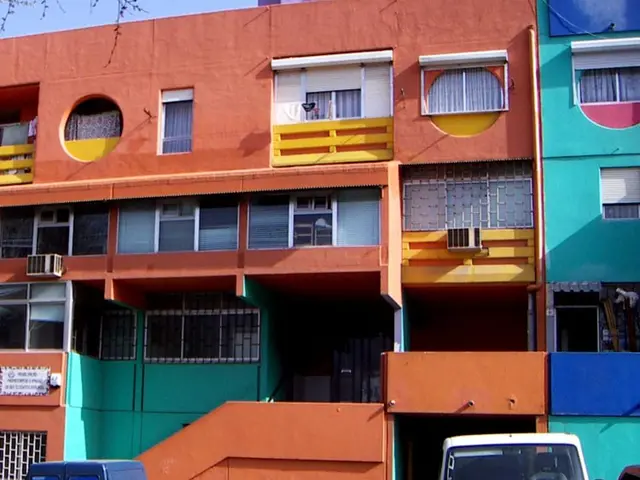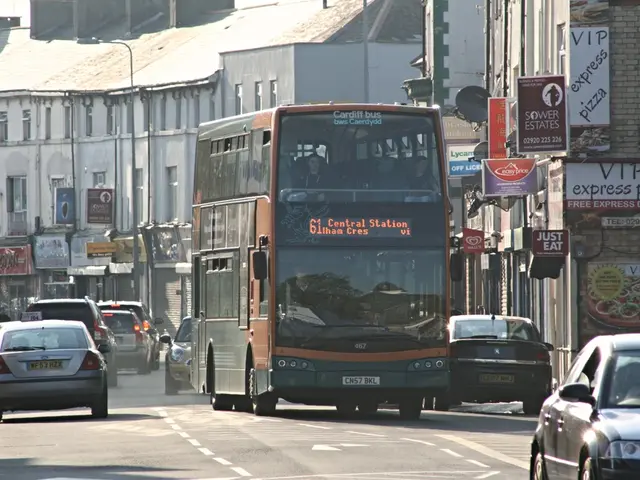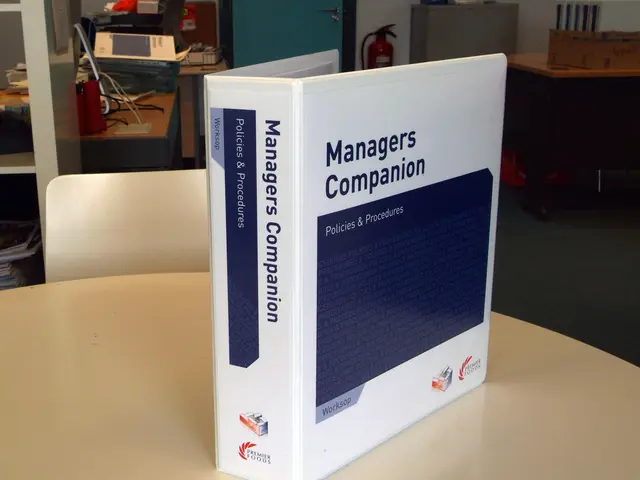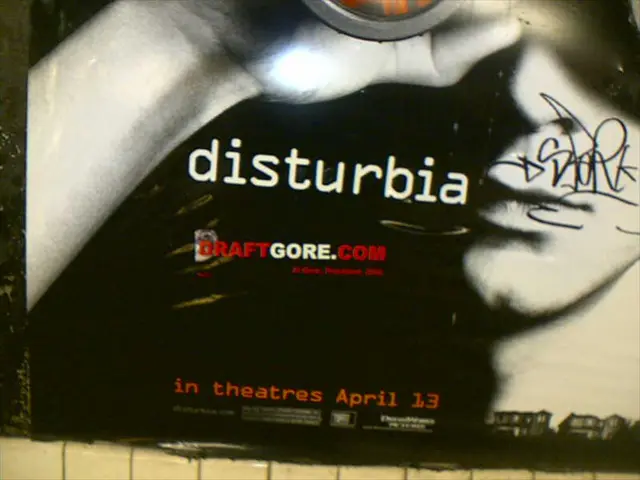Berlin Bans 'Free Boxes', Critics Slam Misguided Move
Berlin has banned its popular 'Free Boxes' (Verschenkekisten), drawing criticism from experts and enthusiasts alike. The ban, in effect since August, imposes hefty fines for non-compliance. Critics argue that this move is misguided, targeting a beneficial practice that promotes resource conservation and a circular economy.
The 'Free Boxes', once common street fixtures, served as practical mini-storage units in public space. They offered items such as books, glasses, clothes, and toys, encouraging reuse and reducing waste. Prof. Melanie Jaeger-Erben, a technology and environmental sociology professor at Brandenburg University of Technology Cottbus-Senftenberg, criticizes the ban. She sees it as a form of micromanagement targeting an easy target, rather than addressing more powerful actors in waste management.
Proponents argue that better alternatives to a ban exist. These include clear guidelines, designated locations, shared responsibility, and a city-supported exchange system. Such measures could prevent boxes from becoming dumping grounds, ensuring they remain beneficial to the community.
The ban on 'Free Boxes' in Berlin has sparked debate, with critics highlighting its destructive impact on an informal economy that promotes resource conservation. While rules are needed to prevent misuse, a ban is seen as a heavy-handed approach. Experts suggest more nuanced solutions, such as clear guidelines and shared responsibility, could maintain the benefits of the 'Free Boxes' while addressing concerns about littering.
Read also:
- American teenagers taking up farming roles previously filled by immigrants, a concept revisited from 1965's labor market shift.
- Weekly affairs in the German Federal Parliament (Bundestag)
- Landslide claims seven lives, injures six individuals while they work to restore a water channel in the northern region of Pakistan
- Escalating conflict in Sudan has prompted the United Nations to announce a critical gender crisis, highlighting the disproportionate impact of the ongoing violence on women and girls.






